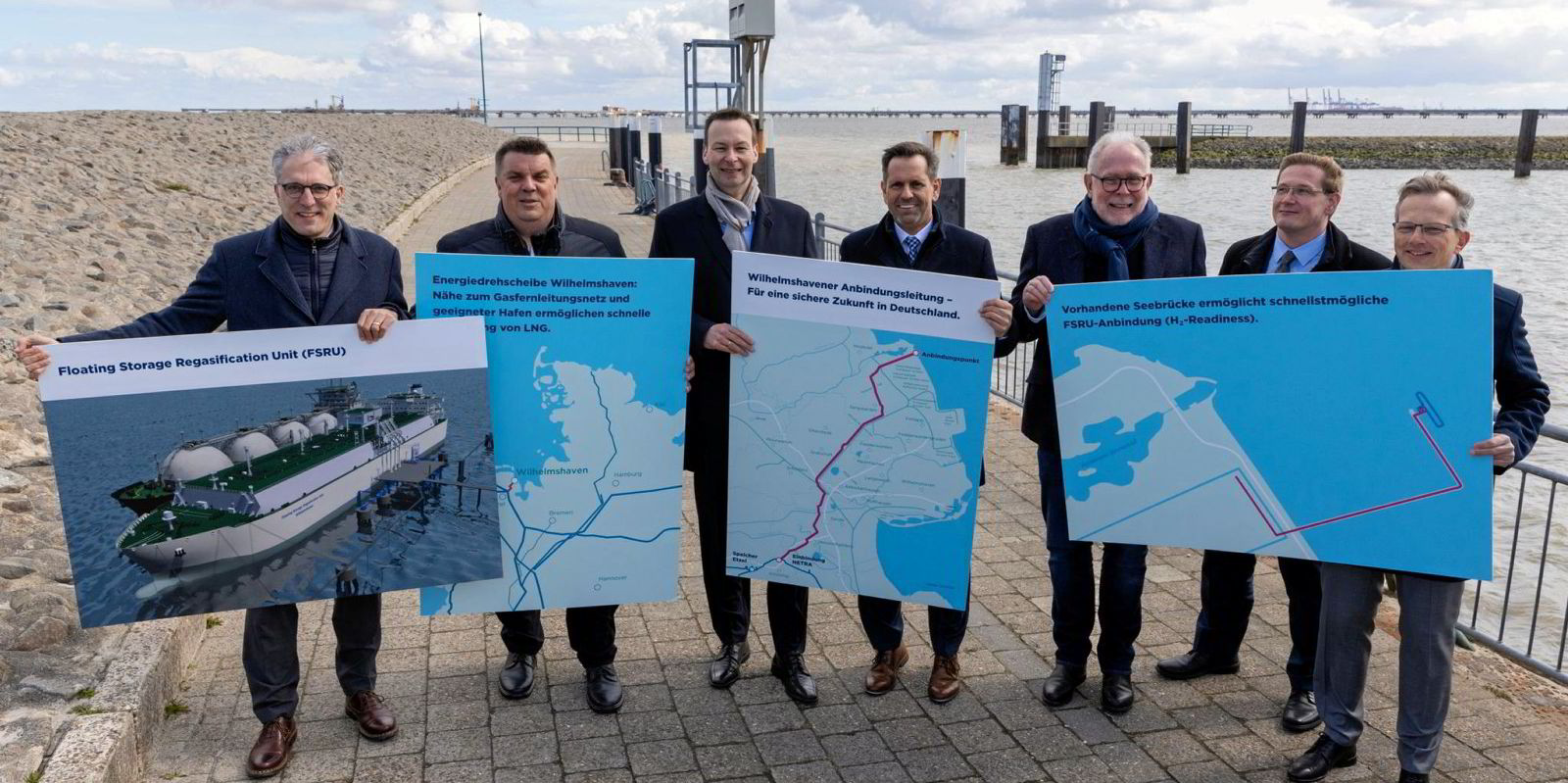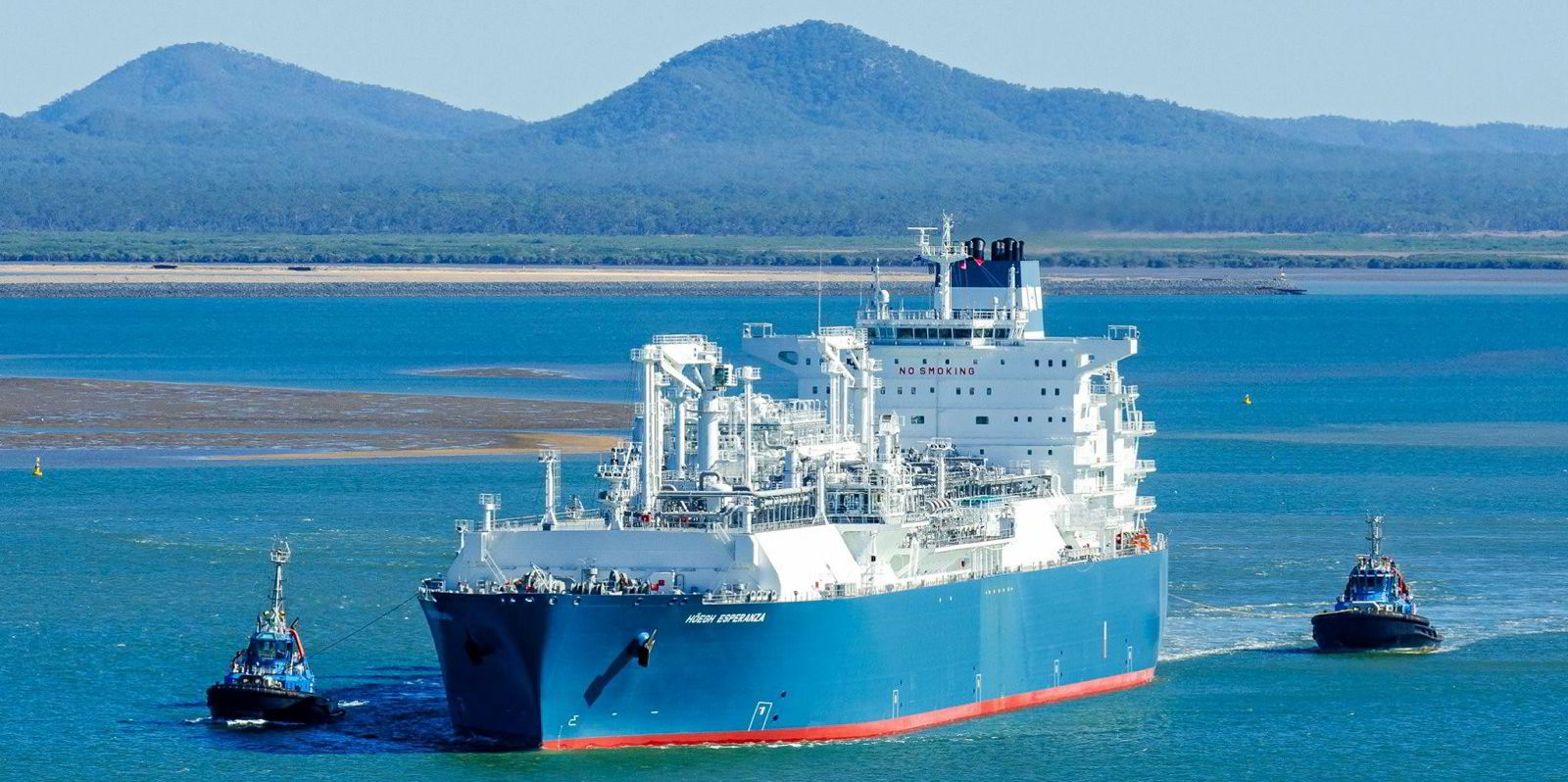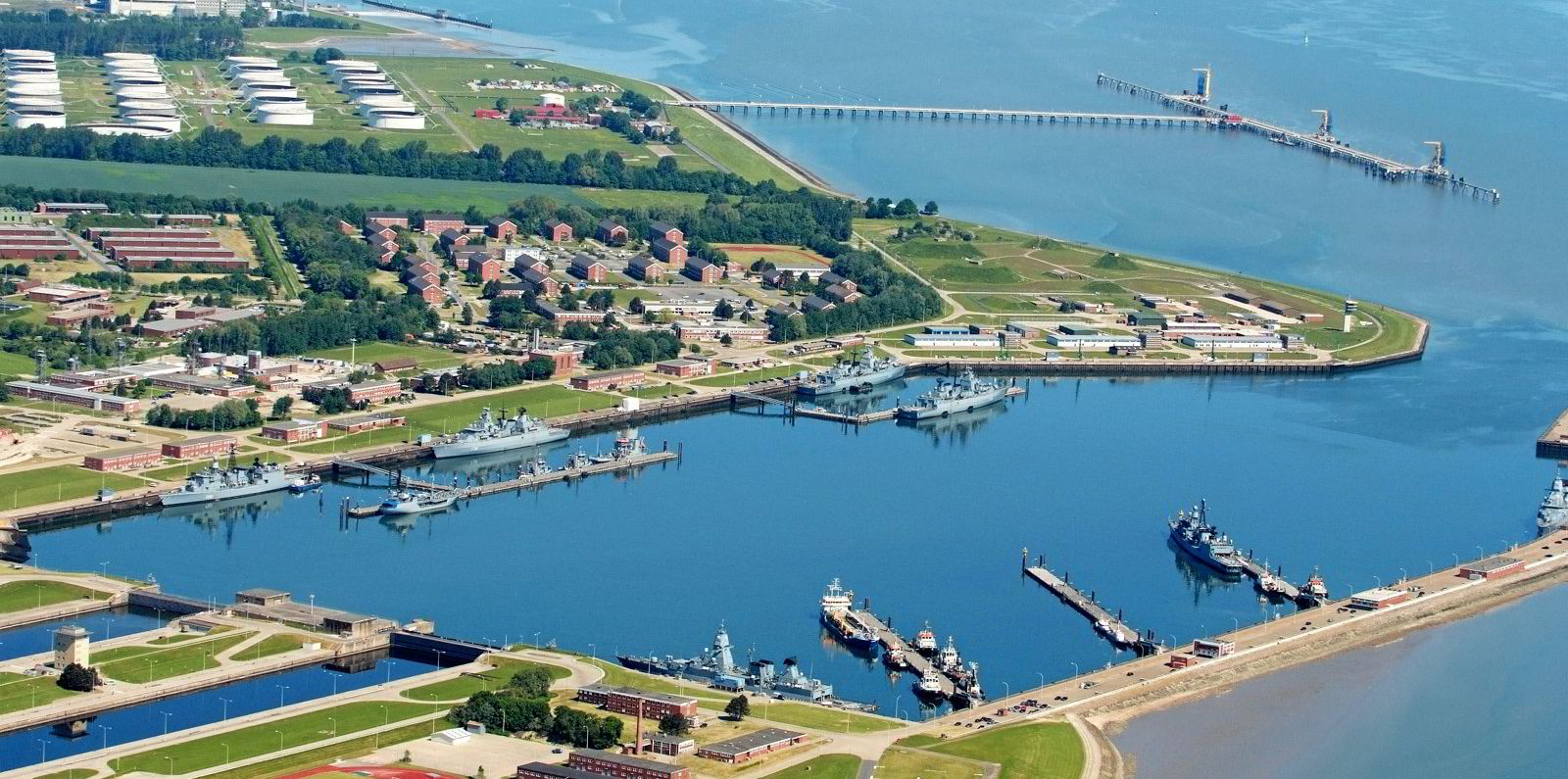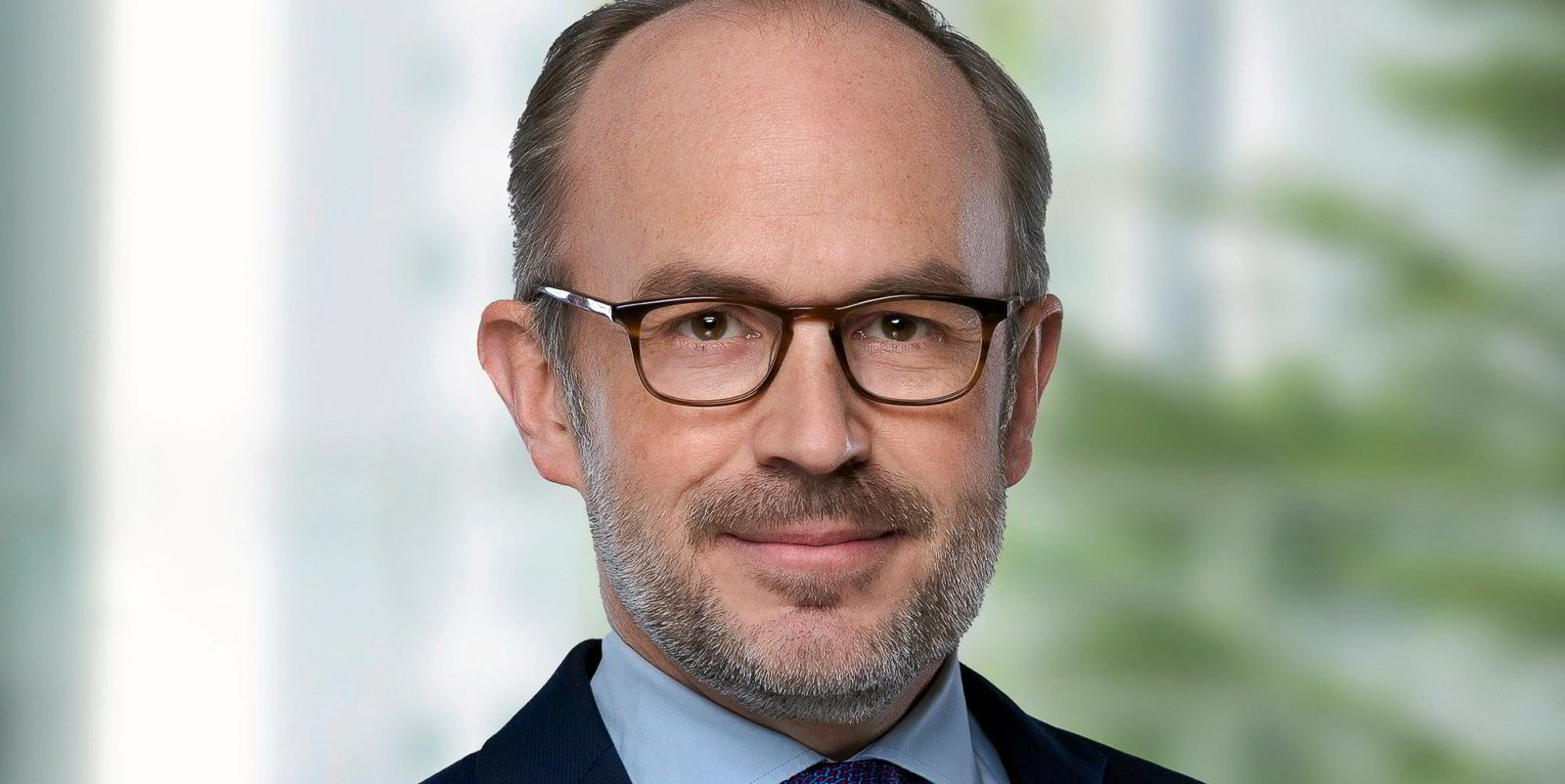Trader Uniper has signed a letter of intent to charter two Dynagas-managed floating storage and regasification units on behalf of the German government.
Uniper, which trades 360 LNG cargoes a year, said the two FSRUs, the 174,000-cbm Transgas Power and Transgas Force (both built 2021), will go into service early 2023. First gas send-out will depend on the completion of the onshore installations at the sites selected by the German government.
Chief executive Klaus-Dieter Maubach: “Our site in Wilhelmshaven and the Dynagas’ FSRUs will provide an important cornerstone to achieve a greater diversification of natural gas supplies.”
In a separate statement today, Uniper said the first pile driving had started for the LNG terminal in Wilhelmshaven.
Uniper, which will build and operate the facility and is investing about €65m ($68.5m) in the terminal, which will have a capacity of up to 7.5bn cbm of LNG per year which will cover about 8.5% of Germany’s gas demand in the future.
Earlier today, Hoegh LNG announced it had sealed a deal with the German government for the charter of two of its FSRUs for 10-year periods.
TradeWinds understands that Hoegh is working with German trader RWE on these two units.
The deals will give Germany a total of four FSRUs as the country strives to move away from Russian pipeline gas.
Explaining its Wilhelmshaven project, Uniper said under Phase 1 LNG will be regasified via an FSRU that can be connected to the existing Umschlagsanlage Voslapper Groden (UVG) sea bridge.
The gas will then be fed into the German natural gas pipeline system.
Uniper said the existing UVG has to be adapted and a connection between the FSRU and the onshore facilities built. The connection to the natural gas pipeline system is 28 km (17 miles) away, the company added.
In a second project phase, a permanent and expanded port solution for the FSRU is to be set up in parallel to the existing UVG.
The plan is to provide additional unloading and handling facilities for green gases such as ammonia, to use the full potential of this new infrastructure project dubbed “Green Wilhelmshaven”, Uniper said.
Uniper, which in 2021 abandoned a planned Q-Max sized FSRU at Wilhelmshaven in favour of a move directly to hydrogen for the site, said an agreement was also signed between the government and the state of Lower Saxony on the expansion of Wilhelmshaven into a green energy hub for Germany.
Maubach said: “Russia’s war against Ukraine has turned the world we live in upside down — this is especially true for the energy industry.
“We are doing our utmost to support the German government in its plan to diversify Germany's sources of supply for natural gas and, in the long term, also for hydrogen.
“With our LNG terminal, we are taking an important step — in close cooperation with the German government — towards the desired energy independence,” Maubach said.
The CEO added that in the longer term Uniper is developing Wilhelmshaven into the energy hub of the future, with a focus on hydrogen and green gases.”






